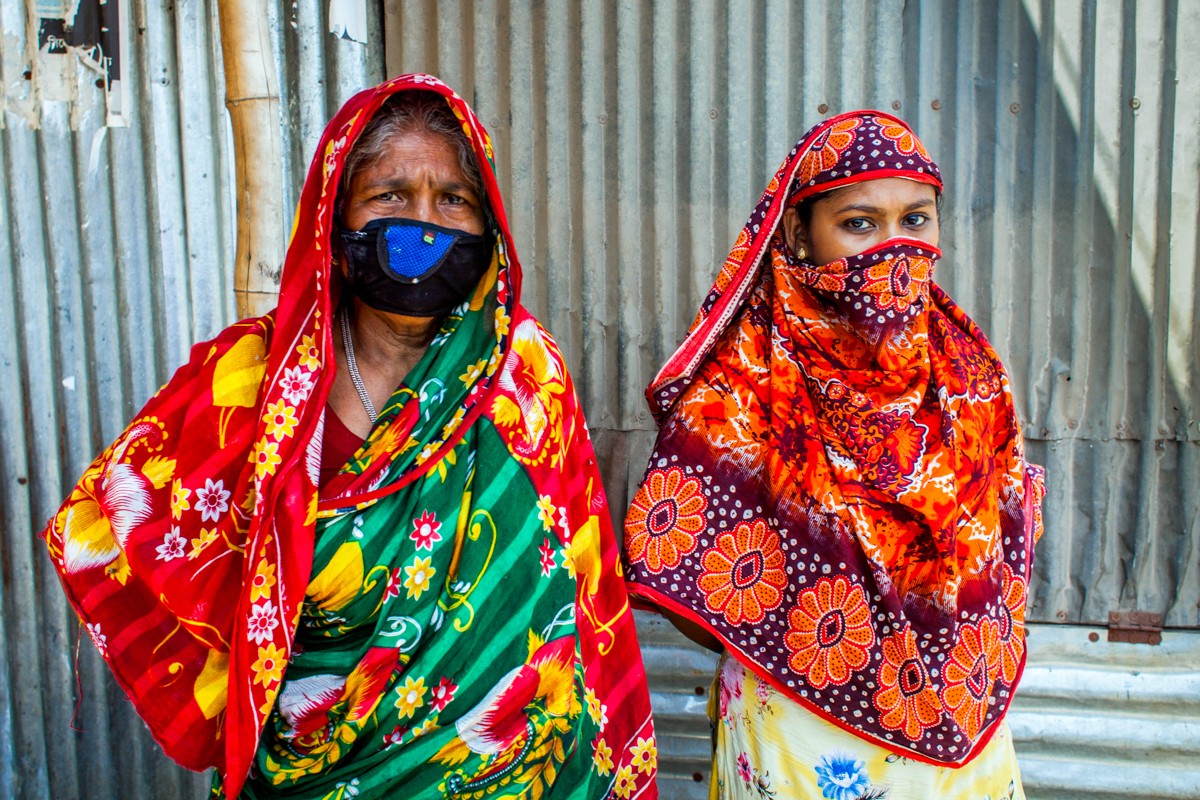
Press release: Women’s absence from COVID-19 task forces will perpetuate gender divide, says UNDP, UN Women
UN Women, 22 March 2021
Men outnumber women three to one across COVID-19 government task forces around the world. Such disproportionate representation will hamper women’s recovery from the pandemic, according to new data released by the United Nations Development Programme (UNDP), UN Women, and the Gender Inequality Research Lab (GIRL) at the University of Pittsburgh.
As the world marks one year of the pandemic, women, on average, still make up only 24 per cent of members among 225 COVID-19 task forces examined across 137 countries, as shown by the COVID-19 Global Gender Response Tracker tool that analyzes government pandemic policies. And in 26 task forces, there are shockingly no women at all.
This new data comes as the world continues to navigate the global pandemic and its staggering impacts on women – from their role as frontline healthcare workers, to the loss of jobs as the informal economy shrinks, to the alarming spike in domestic violence and unpaid care burden, threatening to push 47 million additional women into extreme poverty.
“Women have been on the frontlines of the COVID-19 response, making up 70 per cent of health care workers globally. However, they have been systematically excluded from the decision-making processes on how to address the impacts of the pandemic. This eye-opening new data shows, for instance, that only eight countries in the world have COVID-19 task forces with gender parity,” says Achim Steiner, UNDP Administrator. “Women’s full and inclusive participation in public institutions is critical to ensure their needs are adequately addressed in the pivotal decisions now being made – these are choices that will determine their futures for generations to come.”
Without women in decision-making roles, COVID-19 measures taken by governments are more likely to ignore women’s needs and it could further exacerbate the unequal recovery opportunities from the pandemic, which is already threatening to reverse decades of progress on gender equality.
UNDP and UN Women urge governments to ensure women not only have equal participation in COVID-19 response and recovery efforts, but also have equal decision-making power and leadership opportunities. For an effective COVID-19 response, policies and programmes must also include a gender lens, yet 32 countries still register no gender-sensitive measures in response to COVID-19 at all.
“It is inconceivable that we can address the most discriminatory crisis we have ever experienced without full engagement of women,” says Phumzile Mlambo-Ngcuka, UN Women Executive Director. “At the moment, men have given themselves the impossible task of making the right decisions about women without the benefit of women’s insights. This needs to be set right without delay so we can work together on a future that is equitable, gender-responsive and greener.”
There are gaps in the economic recovery process that so far has largely excluded women’s specific needs. The Tracker data show that, as of March 2021, only 13 per cent of the 2,280 COVID-19 fiscal, social protection, and labour market measures target women’s economic security. And the measures taken – from cash transfers and food aid that targets or prioritise women – have often been small scale and temporary: one year into the pandemic, most of the cash transfer schemes had lasted only 3.3 months on average. Fiscal packages must include long-term specific measures to boost women’s recovery from the pandemic.
The Tracker also reveals that only 11 per cent of social protection or labour market measures address unpaid care and domestic work, of which pre-pandemic, women were doing three times as much as men. Good practices, mostly taken by Europe and the Americas, include the provision of childcare services (34 countries), paid family or sick leave (44 countries), or flexible work arrangements (11 countries).
“We need more and better data, and collaborations such as those between the University of Pittsburgh and the United Nations can help us get there,” says Ann E. Cudd, Provost and Senior Vice Chancellor at the University of Pittsburgh. “This research partnership has generated important new data that not only highlight the problem but provide the evidence needed to tackle these disparities.”
Governments’ gender-related COVID-19 efforts continue to be most focused on addressing the increase of violence against women and girls during the pandemic, according to Tracker data. Of the gender-sensitive measures in the Tracker, some 64 per cent focus on preventing or responding to violence against women and girls, including actions such as offering helplines, shelters and judicial responses.
While this is a positive first step, only one-third of countries with available data have treated violence against women and girls-related services as an integral part of their national and local pandemic response plans.
Note to editors
The COVID-19 Global Gender Response Tracker, by UNDP and UN Women, hosted on UNDP’s COVID-19 Data Futures Platform, provides insights on gender disparities in COVID-19 responses from gender-based violence to economic stimulus to social protection measures for women. It has been updated since its launch in September 2020 to include over 3,100 measures across 219 countries and territories.
The Gender Inequality Research Lab (GIRL) at the University of Pittsburgh developed the study methodology and supported the data collection for the new data on women’s leadership and representation in national COVID-19 task forces through their ongoing partnership with UNDP on Gender Equality in Public Administration. Additional help was provided by the United Nations Online Volunteers.
More in-depth analysis on the Tracker data can be found in fact sheets here.
Media contact
Maria Sanchez, UN Women Media Specialist, maria.sanchez[at]unwomen.org
Juhie Bhatia, UNDP Communications Specialist, Gender Team, juhie.bhatia[at]undp.org
Original press release here.